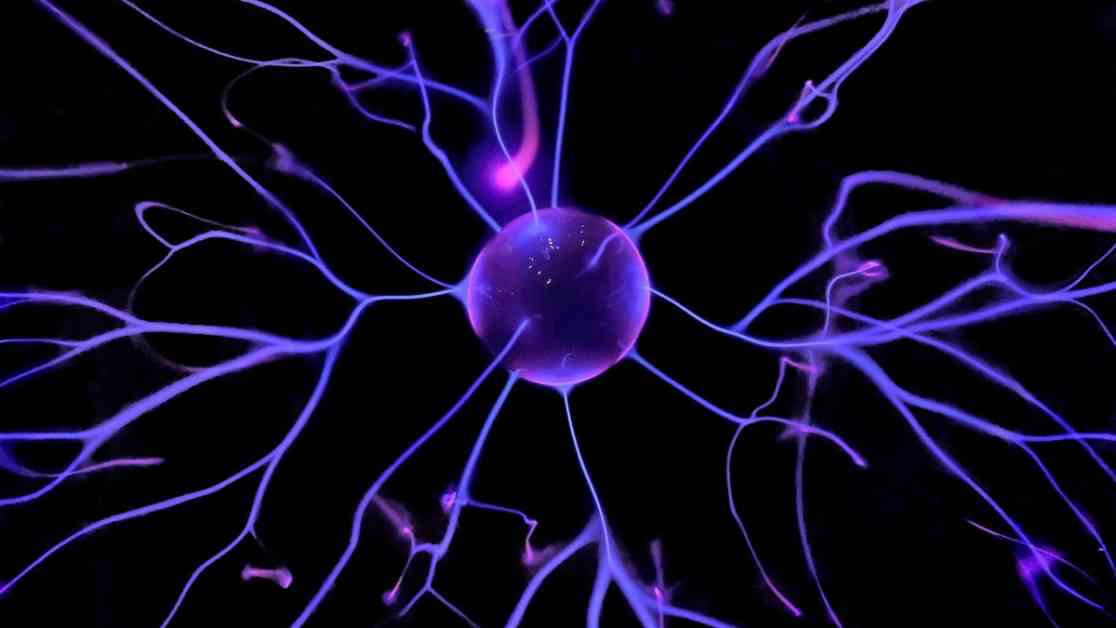Intense stress can cause fuzzy memories and lead to generalized fear responses. A recent study conducted on mice and published in the journal Cell suggests that stress hormones can impact how memories are recorded, resulting in less precise recollections and a future inability to distinguish between safe triggers and threats. This new discovery may open up new possibilities for treating individuals with post-traumatic stress disorder (PTSD) and generalized anxiety disorder.
Researchers have known for some time that acute stress can alter how memories are encoded. For example, someone who has experienced a traumatic event may exhibit intense fear in response to a loud noise, even if it is not a threat. This phenomenon is known as fear overgeneralization.
The study involved restricting the movements of lab mice for 30 minutes, causing acute distress. The mice were then trained to recognize two specific noises, one that preceded an electric shock and one that did not. Stressed mice had difficulty remembering the noises and instead became fearful of many sounds. Analysis of the mice’s brains revealed that stress impacted the formation of the traumatic event’s “engram,” the physical trace of a memory left behind as a group of neurons changes to encode the memory.
Typically, engrams are sparse, involving a small number of brain cells to prevent memories from becoming muddled. However, exposure to stress caused the engrams to become larger, with more neurons involved. This change occurred because stress blocked inhibitory interneurons, which regulate the excitability of other neurons and limit the number of neurons involved in an engram.
The release of corticosterone, the mouse equivalent of the human stress hormone cortisol, triggered the release of a neurotransmitter called endocannabinoid, which blocked the action of inhibitory interneurons. As a result, more neurons encoded the traumatic memory, leading to both hazy memories and the overgeneralization of fear.
Administering metyrapone, a chemical that inhibits corticosterone synthesis, before exposing the mice to stress reversed this effect without altering the memory of the original traumatic event. While the study was conducted on mice, the findings provide valuable insights into how stress can impact memory overgeneralization and may aid in the development of targeted treatments for conditions like PTSD and generalized anxiety disorder.
The study also raises questions about the use of cannabis in treating PTSD. Some clinical trials are exploring whether cannabinoids or cannabis products could be beneficial, but the field is still in its early stages. The US Department of Veteran Affairs currently advises against using cannabis products for PTSD treatment, but anecdotal evidence suggests that some individuals with PTSD may be using cannabis for self-medication purposes. Further research is needed to fully understand the effects of cannabinoids in PTSD and anxiety disorders.




